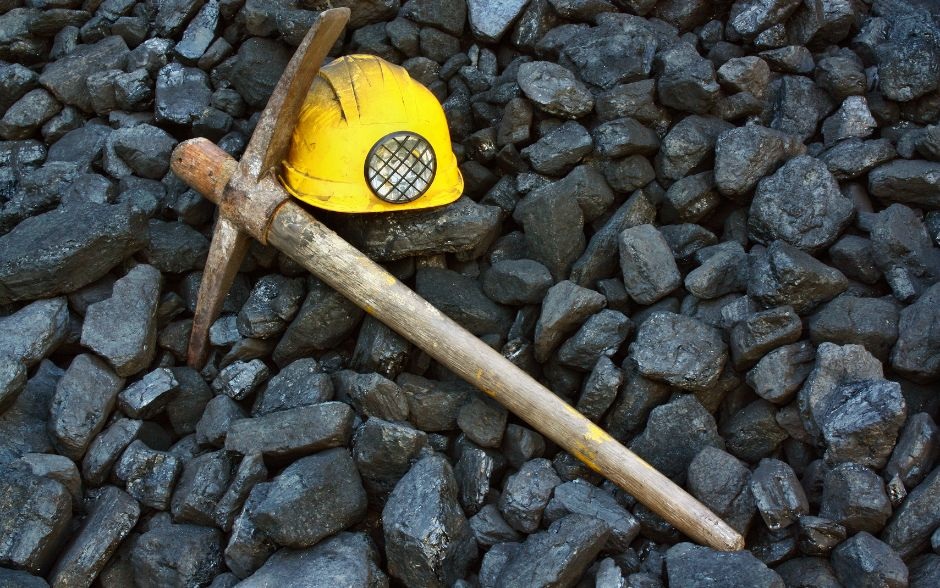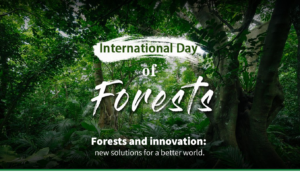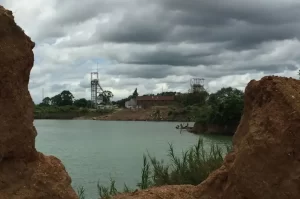What, Exactly, What Constitutes Illegal Mining in Zambia?
Zambia, a nation blessed with an abundance of mineral resources, has long relied on mining as a cornerstone of its economy. Copper, emeralds, and other valuable minerals continue to fuel national development. However, alongside the legitimate mining industry lurks a persistent threat: illegal mining.
Illegal mining activities not only rob Zambia of potential revenue, but also inflict significant damage on the environment, exploit local communities, and hinder sustainable development.
But what exactly constitutes illegal mining in Zambia? Here’s a breakdown of the key factors.
Operating Without a Licence: The cornerstone of Zambia’s mining regulations is the Mines and Minerals Development Act No. 11 of 2015, read together with the Mines and Minerals Development (Amendment) Act No. 14 of 2016, and the Mines and Minerals Development (Amendment) Act No. 29 of 2022. This law makes it mandatory for all miners, individuals, or companies, to obtain licences from the Ministry of Mines and Mineral Development (MMMD) before commencing any mining activities. Essentially, mining without a licence is illegal.
Trespassing on Restricted Areas: Certain areas in Zambia are designated as off-limits for mining activities. This includes protected zones, national parks, and areas close to critical infrastructure. Mining in these restricted areas is strictly prohibited without permission from the Zambia Environmental Management Authority (ZEMA).
Environmental Violations: Obtaining environmental approval is crucial for legitimate mining operations. ZEMA requires a written Environmental Impact Assessment (EIA) before granting approval for mining or any non-mining activity. Additionally, the Minister responsible for mining has the authority to impose conditions on licences or rights related to environmental protection, such as conserving and protecting the land, air, water, soil, flora, fauna, fish, and scenic attractions. Operating without proper environmental approvals or violating these conditions is considered illegal mining.
Safety Regulation Breaches: The law holds mining licence holders strictly liable for any harm or damage caused by their operations. This includes compensating those affected. Furthermore, anyone can file a claim against a mining operation for violating regulations or causing harm to the environment, public health, or socio-economic conditions. Failure to comply with safety regulations, such as proper use of equipment, worker safety protocols, and mine waste management, is a form of illegal mining.
Mineral Smuggling: Extracting or transporting minerals without proper documentation or through unauthorised channels constitutes both illegal mining and smuggling. Smuggling may also involve bribery or corruption to bypass official channels.
Exploitative Labour Practices: Illegal mining operations are notorious for using child labour or resorting to other exploitative practices that violate labour laws and basic human rights. These practices can include unsafe working conditions, lack of proper training or protective gear, and unfair wages.
Tax Evasion: Operating outside the formal mining framework allows illegal miners to evade taxes and royalties. This deprives the nation of significant revenue that could be generated from responsible mining activities. Tax evasion can also distort markets and put legitimate mining businesses at a disadvantage.
Additional Considerations
While not explicitly mentioned in the legal framework, using harmful or banned mining techniques can also be considered illegal mining, especially if it leads to environmental damage or health risks. There may be additional regulations specific to certain minerals or mining methods. It’s crucial to research any industry-specific regulations that might apply to your situation.
By understanding these key aspects of illegal mining, we can work towards a more sustainable and responsible mining sector in Zambia. This benefits not only the environment and local communities, but also ensures the long-term viability of the mining industry itself.




